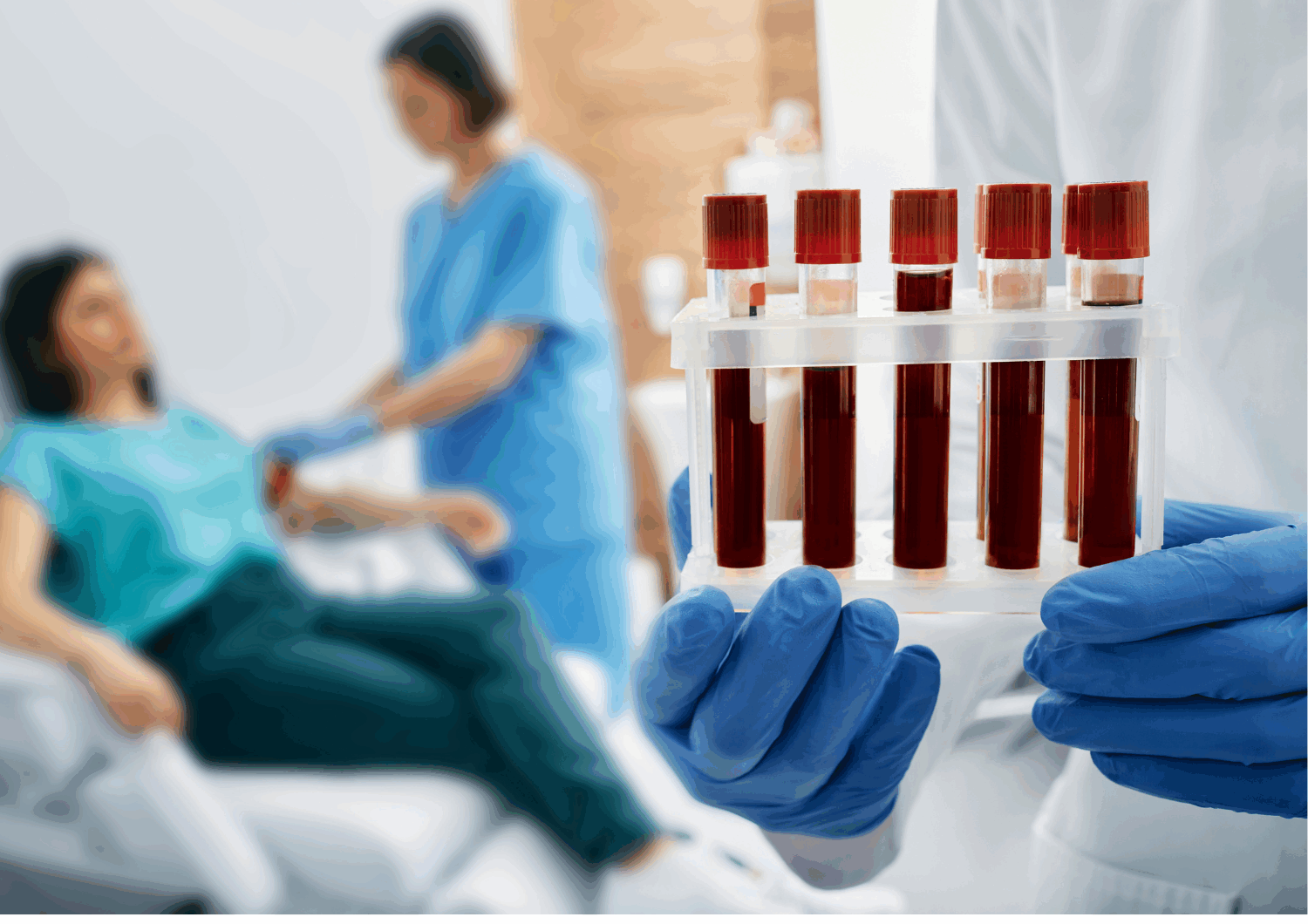
Essex Partnership University NHS Foundation Trust (EPUT) is taking part in a landmark clinical trial that could improve diagnosis of Alzheimer’s disease.
The ADAPT (Alzheimer’s Disease Diagnosis and Plasma pTau217) team is led by Professor Jonathan Schott and Dr Ashvini Keshavan at University College London (UCL).
The team are investigating whether a blood test that measures the protein p-tau217 can improve the early and accurate diagnosis of Alzheimer’s disease.
Participants are being recruited from memory clinics across the UK and will include people from diverse geographic, ethnic and economic backgrounds, and those living with other health conditions to ensure the findings are relevant and inclusive of the broader population.
EPUT was the first ADAPT trial location to begin recruitment at the end of last month. Nineteen additional specialist NHS centres are planned across the UK.
All participants in the ADAPT study will receive standard diagnostic assessments and care. Of the 1,100 planned participants, half will receive their blood test results within three months of being assessed for the first time in their memory service, while the other half will receive theirs after 12 months.
The trial will examine whether providing the blood test results to patients and their clinicians near the start of an assessment for memory and thinking concerns is able to aid diagnosis and guide decisions on further investigations and treatments.
This landmark trial forms part of the Blood Biomarker Challenge, a multi-million-pound programme supported by Alzheimer’s Society, Alzheimer’s Research UK and players of People’s Postcode Lottery.
Alzheimer’s disease, the most common cause of dementia, is linked to the build-up of two key proteins in the brain called amyloid and tau. One of the most promising biomarkers in the blood, p-tau217, reflects the presence of both amyloid and tau in the brain.
Although these blood tests are not standalone diagnostic tools, they could be used as part of a wider clinical assessment to confirm the diagnosis of Alzheimer’s disease for people who already have memory or thinking problems.
Professor Jonathan Schott, Professor of Neurology at University College London, and Chief Medical Officer at Alzheimer’s Research UK, said: “We are thrilled to welcome participants onto the ADAPT trial – a critical part of the Blood Biomarker Challenge, which we hope will take us a step forward in revolutionising the way we diagnose dementia.
“After decades of research, we now have a blood test for Alzheimer’s disease that is backed by strong scientific evidence and provides comparable information to other gold-standard diagnostic tests such as PET scans and lumbar punctures yet is far more accessible, and cheaper.
“Currently only about 2% of people diagnosed with Alzheimer’s have access to one of these gold-standard diagnostic tests. While identifying Alzheimer’s disease early and accurately is already important for enabling access to current therapies and planning care, it will become even more critical as a new generation of treatments emerge that can slow down the decline of memory and thinking. Timely diagnosis will be key to ensuring these advances reach the people who need them most.”
Professor Fiona Carragher, Chief Policy and Research Officer at Alzheimer’s Society, said: “Our recent Lived Experience Survey revealed that only a third of people with dementia felt their experience of the diagnosis process was positive, while many reported being afraid of receiving a diagnosis. As a result, too often, dementia is diagnosed late, limiting access to support, treatment, and opportunities to plan ahead. For many across the UK, getting that diagnosis remains a major challenge – one that it will take society, researchers and governments working together to fix.
“The launch of the ADAPT trial – part of the Blood Biomarker Challenge collaboration – marks a critical step towards that. Blood tests could offer a faster and more accessible route to diagnosis. The Blood Biomarker Challenge is committed to building the evidence needed to bring these innovative tests into NHS care, delivering real benefits for people living with dementia and their families.”
Dr Sheona Scales, Director of Research at Alzheimer’s Research UK, added: “Today, one in three people with dementia do not have a diagnosis. The ADAPT trial is an important opportunity to change this and transform the way dementia is diagnosed across the UK. It shows how sustained investment in research is leading to breakthroughs in dementia.”
Michael White, 75, and his wife Kathryn, 74, are members of the ADAPT Patient and Public Involvement (PPI) group.
Michael said: “A blood test like this would have helped to make a diagnosis right at the start and would have made a real difference to us. “Hopefully initiatives like the Blood Biomarker Challenge will pave the way to change for other people in the future.”
Kathryn added: “It took so long to receive a diagnosis of dementia. We knew there was something wrong and I was doing things like getting lost in places I was familiar with. It was a relief, in many ways, to have a diagnosis because it helped to make sense of it.”
If you are concerned that you or a loved one may be showing symptoms of dementia, speak to your GP or visit www.nhs.uk/conditions/dementia
Register your interest in dementia research here.